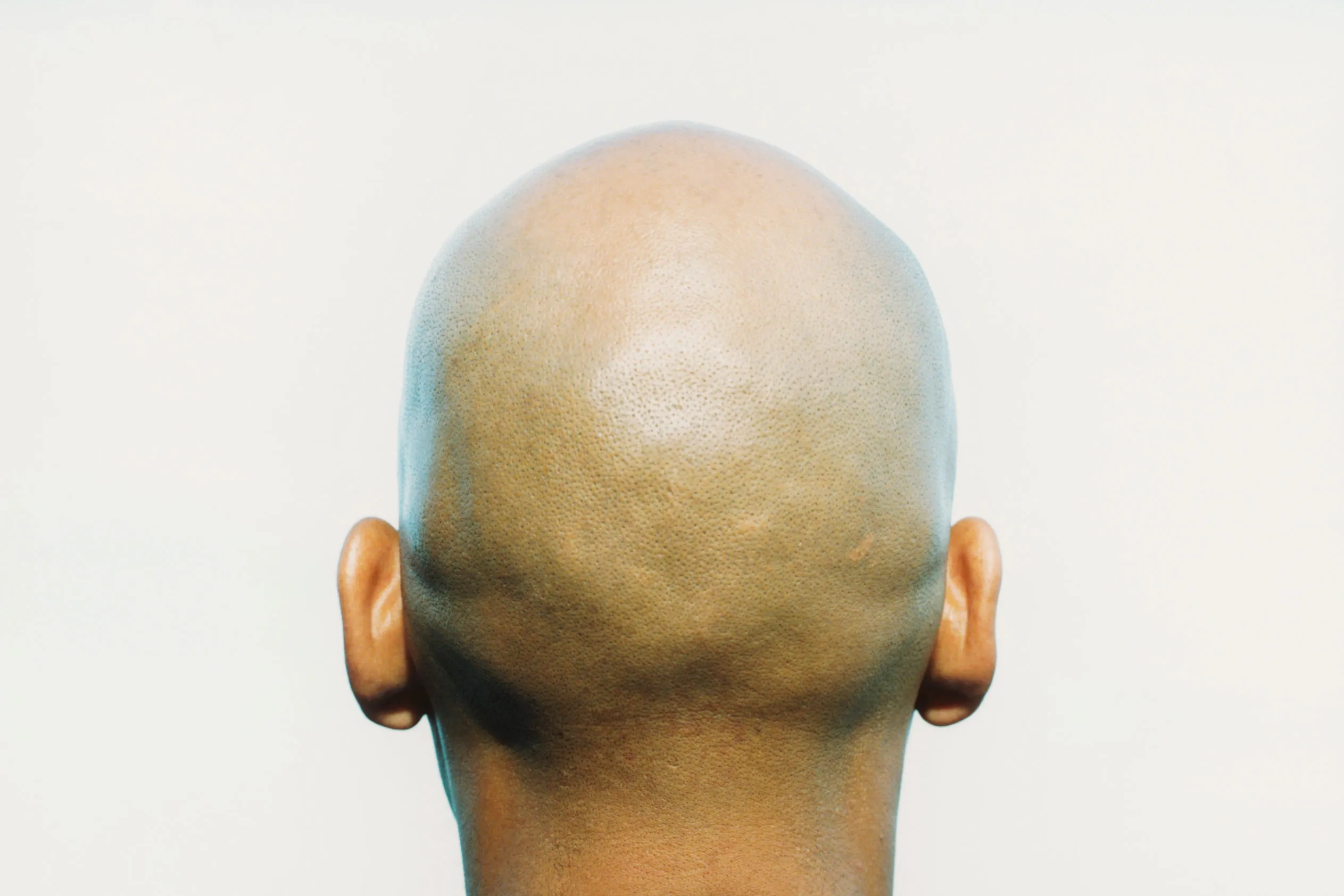By Destiny Uko
Balding is a gradual but distressing problem that affects both men and women. While many Nigerians assume that it is purely hereditary, hair loss is also caused by other, less obvious, factors. Understanding these triggers is important for managing, correcting, and even preventing balding early on.
Beyond genetics
Androgenetic alopecia, biologically the cause of hair loss in men and women, is the most common factor. However, there are other triggers.
In women, hormonal shifts—in the case of childbirth or menopause—can disrupt the hair growth cycle.
Hair can be forced to shed prematurely due to chronic stress. Telogen effluvium is a condition where hair starts to shed at a young age, predominantly among the youths. Heavy emotional tension and excessive, constant mental burnout can lead to telogen effluvium.
Common hair practices and routines such as regular relaxer use, tight braiding, daily gel application, and wig gums cause the hair, especially the hair on the hairline, to fall gradually until completely bare if not arrested on time.
Being so aggressive with hair by constantly pulling and gumming, certainly weakens hair follicles. Other factors include scalp infections, poor hygiene, and consistent use of synthetic or adulterated hair creams and oils are contributors.
Foods that Accelerate Balding
What you eat reflects on your scalp over time. Diets containing refined sugars, white flour, and processed meals can lead to inflammation that weakens hair follicles.
Snacks and drinks with excessive sugar are a major lookout. These snacks cause insulin spikes that elevate androgen levels, which affect hair follicles and facilitate hair loss.
Pasta, white bread, noodles, and other refined carbohydrates are culprits. They contribute to chronic inflammation and excessive oil production on the scalp, which can weaken follicles.
Fat dairy like whole milk, cheese, and yoghurt should also be regulated. They contain animal extracts and hormones that may disrupt human hormone function, causing scalp conditions like dandruff. The end product is gradual hair shedding.
Fried and processed foods (suya, puff-puff, fries, chips) are loaded with unhealthy trans fats that can clog hair follicles, reduce circulation, and increase scalp inflammation.
Unseeming but real, excessive alcohol dehydrates the body, reduces nutrient absorption, and interrupts minerals like zinc, iron, and magnesium that are crucial for the hair.
Affordable Remedies to Manage or Reverse Hair Loss
Turning to expensive creams and oils is not always the way out. Begin by being more diet conscious. Eat foods rich in iron, zinc, protein, and vitamins, like leafy greens, beans, eggs, and fish. These nutrients strengthen the hair from the inside.
Massage your scalp regularly. Research indicates that scalp massage improves blood flow, which helps activate hair follicles.
One natural solution is onion juice. It is best applied at the early stage of hair loss to revive and stimulate hair growth.
Avoid tight or overly tiny hairstyles, wigs glued to the scalp, and daily use of gel. Let your scalp have a time of break between styles, and wash it regularly with mild shampoo. Switch to simpler hairstyles once in a while. Stop pulling your edges because it could damage your roots. Styles like loose twists, buns, or natural braids without tension are safer options. Watch the kind and brand of hair products you apply to your hair too.
Conclusion
Balding does not always mean the end of your hair journey. While genetics cannot be changed, many of the other factors causing hair loss can be taken into account and managed.
Whether you are dealing with mild shedding or advanced balding, paying attention early, eating right, protecting your hair, and seeking professional help when needed can make a big, visible difference.
Balding is a common issue affecting both men and women, often thought to be hereditary but can also be triggered by factors such as hormonal changes, stress, and poor hair care practices. Conditions like telogen effluvium, resulting from stress, and common hair practices such as tight braiding and chemical treatments contribute to hair loss. Additionally, diets containing refined sugars and processed foods exacerbate balding by causing inflammation and hormonal imbalances that weaken hair follicles.
To manage or reverse hair loss, it's important to maintain a balanced diet rich in iron, zinc, protein, and vitamins, and to regularly massage the scalp to improve blood circulation. Natural remedies like onion juice may help stimulate hair growth in early hair loss stages. It's also advisable to avoid tight hairstyles, wigs glued to the scalp, and daily gel use, allowing the scalp to rest and heal.
In conclusion, while genetic factors are beyond control, many causes of hair loss can be managed. Early intervention, proper nutrition, and safe hair care practices can significantly mitigate the effects of balding and improve hair health.






